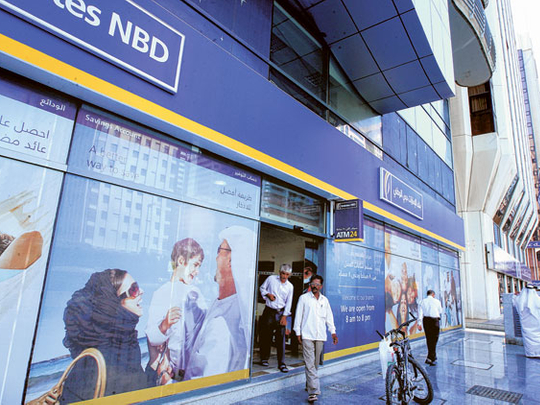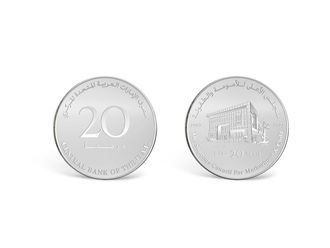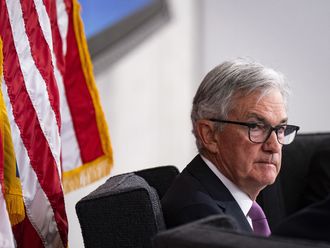
Dubai: A growing number of local investors are viewing Gulf sukuk as a safe investment option amid continuing volatility across regional equity markets.
Emirates Islamic Bank, a unit of Emirates NBD, announced yesterday it had completed the issuance of $500 million (Dh1.8 billion) worth of sukuk maturing in 2017. Last week, Abu Dhabi-based lender First Gulf Bank said its $500 million sukuk was oversubscribed 2.8 times, fetching $1.4 billion in the process.
Several UAE lenders have issued Islamic bonds in recent weeks with Dubai-based banks in particular paying a premium as debt maturities loom on the horizon.
"The growing demand for sukuk stems out of necessity due to difficult credit conditions and because smart investors are looking to diversify their investment portfolios and increase their exposure to safer, higher yielding assets," said Akber Naqvi, executive director at Al Masah Capital.
More appealing
"The momentum in the sukuk pipeline is building and with an active Islamic investment community, limited investment options, a dearth of quality asset classes and tight credit conditions, we can expect sukuk offerings to increase and become more appealing in their returns as institutions chase the friendly capital," he added.
Naqvi says regional capital markets need to develop and offer more than equities and real estate as viable asset classes, adding the increase in fixed income offerings, especially in 2011, had set the stage for a revival in the sukuk market from its 2008 peak.
"Combine this with difficult funding options with global banks gun shy and European banks completely out of the picture, the sukuk market is increasingly becoming an essential route for any institutions looking for funding," he said.
"This is a healthy development for the overall progression and sophistication of the regional markets and investors need to actively look at building a portion of portfolio dedicated towards bonds and sukuk," he added.
The growing appetite for sukuk comes amid continuing turbulence on regional stock markets, which have seen a slump in turnover and trading volumes in recent years. The UAE and Qatar were both snubbed for an emerging market upgrade by index compiler MSCI in December amid concerns over liquidity.
So far in 2012, sukuk sales in the six-nation Gulf Cooperation Council jumped to $1.3 billion, the best start of the year since 2006, according to data compiled by Bloomberg.
Average yield
The average yield on regional sukuk rose 14 basis points last week to 4.52 per cent on January 13.
Saudi Arabia's General Authority of Civil Aviation said this week it had raised 15 billion riyals (Dh14.6 billion) from the sale of Islamic bonds.
"Sukuk issuances in Saudi Arabia are expected to be [at their] highest ever in 2012, both in terms of number of issuers and the amount raised through sukuk issuances," said Fahd Al Saif, director and head of debt capital markets at HSBC Saudi Arabia.
"High levels of domestic liquidity and an increasingly diverse investor base are attracting larger number of issuers to fund through sukuk as investors have demonstrated keen interest even for unrated issuances.
"We also expect some of the infrastructure projects to be financed through sukuk, including some of the government-backed mega projects that will add to the diversity of issuers," he added.












